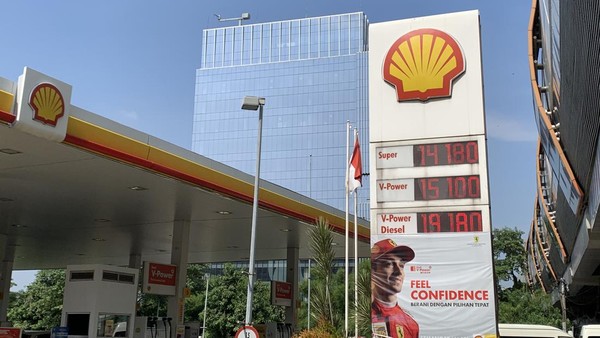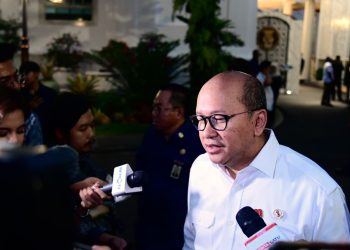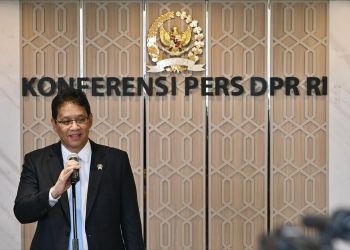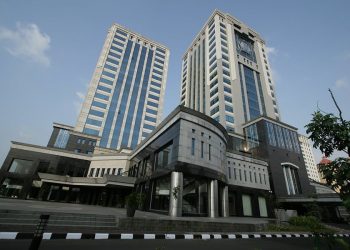Jakarta, Indonesia Sentinel — Shell Indonesia has dismissed rumors that it plans to shut down its entire network of gas stations in the country. Vice President of Corporate Relations Susi Hutapea clarified on Sunday, November 24, 2024, that the circulating claims are false.
“Shell Indonesia informs that the rumors regarding Shell’s plan to close all gas stations in Indonesia are not true,” Hutapea stated, as reported by Antara.
The rumors, which began circulating on November 23, 2024, suggested that Shell might exit the Indonesian retail fuel market due to challenging business conditions. However, Shell has reaffirmed its commitment to continuing operations in the country.
Shell’s Retail Fuel Journey in Indonesia
Shell began its gas station business in Indonesia in 2005, opening its first outlet in Karawaci, Tangerang, after the government allowed non-Pertamina entities to enter the fuel retail sector. This move was welcomed by international players, including Shell, Petronas, and Total.
While Petronas exited the market in 2012 and Total ceased operations in 2021, Shell has remained steadfast, operating 209 gas stations as of April 2023 across five provinces:
- DKI Jakarta
- West Java
- Banten
- East Java
- North Sumatra
Shell’s presence extends to second-tier cities such as Cirebon, Bogor, Cilegon, Serang, Blitar, Mojokerto, Kediri, and Lamongan.
Expanding Beyond Gas Stations
In addition to retail fuel, Shell Indonesia has diversified its operations. In 2006, it ventured into commercial fuel, marine fuel, and bitumen, supplying the industrial, transportation, and mining sectors with high-quality lubricants and technical support.
In 2015, Shell established its largest lubricant oil blending plant (LOBP) in Marunda, Bekasi. This facility produces a wide range of lubricants for vehicles and industrial applications, including:
- Engine oils for cars and motorcycles
- Heavy-duty diesel engine oils
- Transmission oils
- Industrial lubricants
Shell Indonesia Reportedly Mulling Closure of All Fuel Stations
Shell’s Historical Roots in Indonesia
Shell’s connection to Indonesia dates back to the late 19th century, long before the country gained independence. In 1884, Dutch national Aeilko Jans Zijlker discovered traces of oil in North Sumatra. After obtaining a license from the Sultan of Langkat, he began drilling, striking oil in the Telaga Tunggal 1 well.
By 1890, Zijlker had established the Royal Dutch Petroleum Company, marking the beginning of Royal Dutch Shell’s presence in Indonesia. Over the years, Shell has evolved into a global leader in the oil and gas industry, focusing on exploration, production, and energy solutions.
Upstream and Downstream Operations
In Indonesia, Shell operates across various segments of the oil and gas value chain:
- Upstream Operations: Focused on natural gas and liquefied natural gas (LNG) exploration and development of new energy projects.
- Integrated Gas Business: Converts natural gas into liquid fuels (GTL) and markets LNG.
- Downstream Activities: Processes crude oil into refined products for domestic, industrial, and transportation uses, and manufactures petrochemicals for global industrial applications.
Competition in Indonesia’s Fuel Market
Indonesia’s fuel market has seen the entry and exit of several international players. While Shell remains a significant player, companies like BP-AKR, Vivo, and Mobil have joined the sector in recent years. Unlike Shell, Vivo offers a non-subsidized fuel alternative comparable to Indonesia’s Pertalite, which has lower octane ratings.
Despite challenges in Indonesia’s retail fuel landscape, Shell continues to adapt by leveraging its global expertise and long-standing legacy. As the company moves forward, its commitment to serving the Indonesian market remains unwavering, debunking any notions of a complete exit.
(Becky)


























